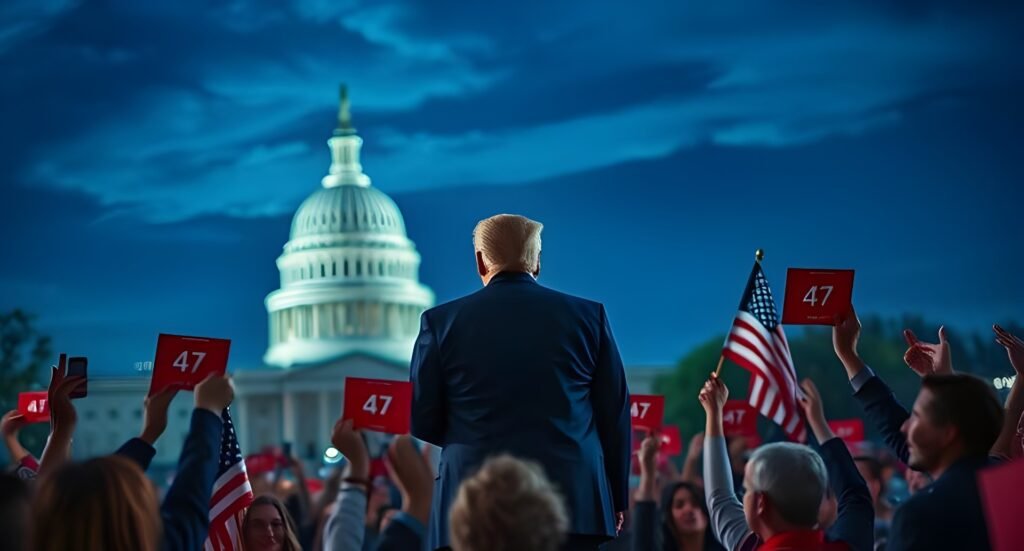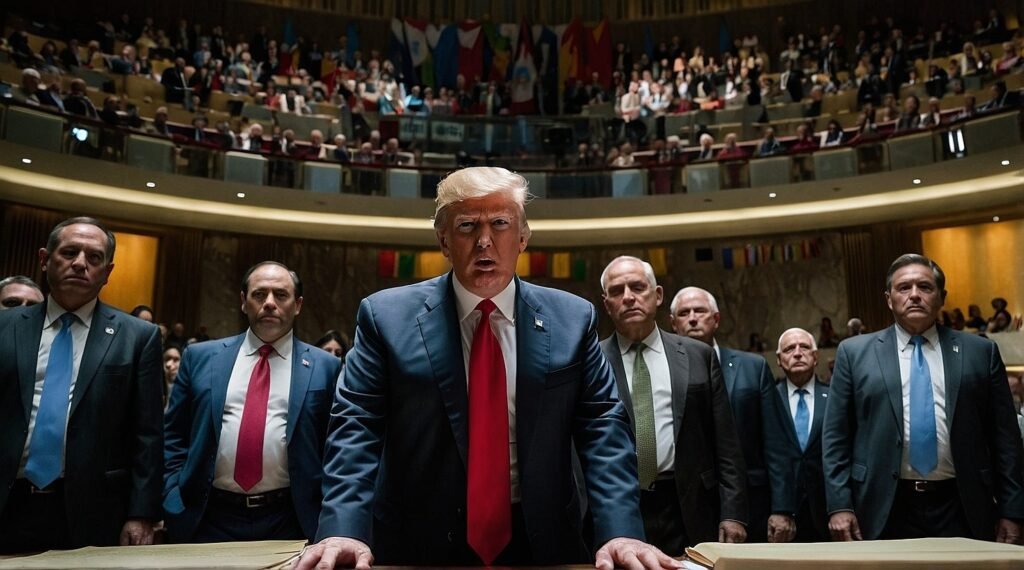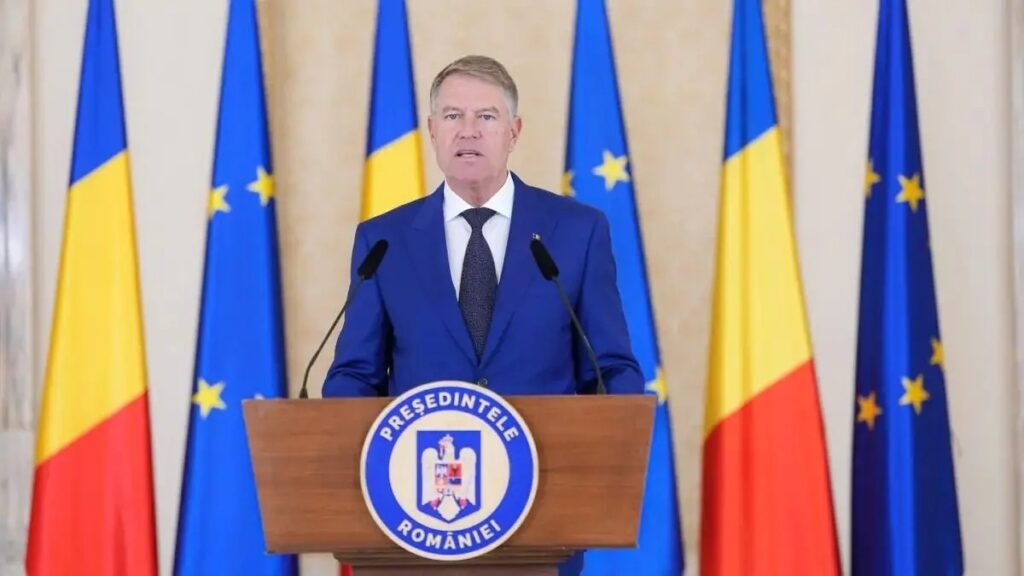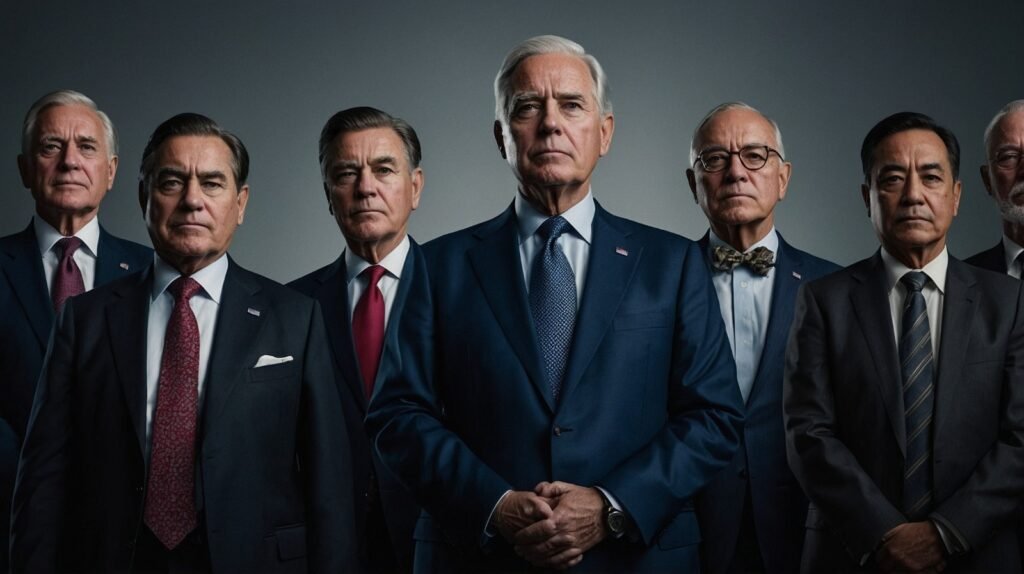|
Getting your Trinity Audio player ready...
|
The European Union is confronting a new wave of security uncertainty following a phone call between U.S. President Donald Trump and Russian President Vladimir Putin, in which they discussed potential peace negotiations regarding the ongoing war in Ukraine. This unexpected development has left European leaders questioning the implications of a U.S.-Russia brokered settlement and the potential security risks such a move could pose to the continent.
A Diplomatic Shockwave
The United States has surprised its European allies by unilaterally opening peace talks with Russia on the Ukraine war. This sudden shift in diplomatic strategy has sparked concerns among EU leaders, many of whom were caught off guard by Trump’s decision to engage in direct dialogue with Putin without prior consultation with NATO or European Union partners.
Putin expressed to Trump that peaceful negotiations to end the Ukraine war were possible. While details of the call remain scarce, both leaders reportedly signaled openness to exploring a ceasefire agreement. This marks a stark contrast to the Biden administration’s staunch support for Ukraine and has raised fears that the U.S. may pressure Kyiv into accepting unfavorable terms that could lead to the effective partitioning of Ukraine, solidifying Russian control over occupied territories.
European Concerns and NATO Alarm
European leaders have voiced significant concerns about this development. Euronews notes that several high-ranking EU officials fear that any peace negotiations led by Trump could lead to a deal that undermines Ukraine’s sovereignty, leaving Europe vulnerable to future Russian aggression.
The Financial Times reports that NATO’s top diplomats are scrambling to understand the full scope of Trump’s negotiations with Putin. The lack of prior consultation has unsettled European capitals, particularly in Eastern Europe, where nations like Poland and the Baltic states have warned against any premature concessions to Moscow.
US Troops to Stay Out of Ukraine’s Security Plan
One of the most alarming revelations following the Trump-Putin discussions is that the U.S. will not deploy troops to ensure Ukraine’s security under any potential ceasefire deal. Trump’s Defense Secretary has assured allies that the U.S. military will not be involved in securing a post-war Ukraine, raising fears that Europe may have to take on the primary burden of deterrence against future Russian threats.
Concerns Over US Troop Withdrawal from NATO
Adding to European anxieties is growing speculation that the Trump administration could scale back U.S. military presence in NATO. Multiple reports suggest that Trump has privately discussed the possibility of reducing U.S. forces stationed in Europe, a move that could leave the continent increasingly vulnerable to Russian military threats.
The potential withdrawal of U.S. troops from key European bases would weaken NATO’s deterrence capabilities and shift the burden of continental defense onto European nations, many of which remain unprepared for such a drastic transition. Some NATO officials fear that if Trump follows through with this strategy, it could embolden Russia to escalate its aggressive posture along its western borders and strengthen its hold over newly occupied Ukrainian territories.
Political Divisions Within the U.S. and Europe
The reaction in Washington has been mixed. Republican Senator J.D. Vance has shown skepticism toward Ukraine’s leadership, suggesting that the U.S. should reassess its long-term commitment to Kyiv. This reflects growing divisions in the Republican Party, with some factions advocating for a complete withdrawal of U.S. military aid to Ukraine.
In contrast, European leaders have reiterated their commitment to supporting Ukraine. EU officials are increasingly viewing Trump’s diplomatic pivot as a betrayal of Ukraine’s struggle for sovereignty. Some analysts warn that this could lead to a broader geopolitical shift, where Europe will have to take greater responsibility for its own defense in the face of a less engaged U.S. administration.
What’s Next for Europe?
With the Trump administration signaling a potential shift in U.S. foreign policy, European governments are scrambling to formulate a response. Discussions are underway within NATO and the EU about increasing defense spending, bolstering military cooperation, and potentially expanding European-led security initiatives to fill the void left by an increasingly unpredictable Washington.
As the situation unfolds, the EU faces a stark reality: it may soon have to stand on its own against an emboldened Russia without the unwavering support of its long-standing transatlantic ally.
We will continue to report on this critical issue as new developments emerge. What are your thoughts on Trump’s handling of the Ukraine crisis? Should Europe prepare for a future with diminished U.S. support? Let us know in the comments, and check back daily for the latest updates on this evolving situation.










equilibrador
Aparatos de calibración: clave para el funcionamiento fluido y efectivo de las equipos.
En el entorno de la avances contemporánea, donde la productividad y la estabilidad del dispositivo son de gran importancia, los dispositivos de ajuste juegan un tarea vital. Estos sistemas especializados están desarrollados para equilibrar y estabilizar elementos rotativas, ya sea en equipamiento industrial, automóviles de desplazamiento o incluso en equipos domésticos.
Para los especialistas en reparación de equipos y los ingenieros, operar con sistemas de calibración es crucial para promover el rendimiento fluido y confiable de cualquier sistema móvil. Gracias a estas opciones avanzadas modernas, es posible reducir significativamente las vibraciones, el sonido y la tensión sobre los rodamientos, prolongando la tiempo de servicio de componentes caros.
Igualmente relevante es el papel que tienen los dispositivos de ajuste en la atención al comprador. El soporte experto y el conservación continuo empleando estos aparatos facilitan brindar soluciones de óptima calidad, elevando la agrado de los clientes.
Para los titulares de negocios, la contribución en equipos de balanceo y detectores puede ser clave para mejorar la efectividad y rendimiento de sus dispositivos. Esto es particularmente relevante para los empresarios que gestionan modestas y intermedias negocios, donde cada aspecto es relevante.
Además, los aparatos de ajuste tienen una gran implementación en el ámbito de la fiabilidad y el supervisión de estándar. Permiten detectar posibles errores, previniendo reparaciones elevadas y averías a los aparatos. Más aún, los resultados recopilados de estos equipos pueden usarse para perfeccionar sistemas y mejorar la visibilidad en sistemas de consulta.
Las zonas de aplicación de los aparatos de equilibrado incluyen numerosas ramas, desde la fabricación de ciclos hasta el supervisión del medio ambiente. No influye si se trata de grandes fabricaciones industriales o limitados establecimientos hogareños, los sistemas de balanceo son indispensables para proteger un rendimiento óptimo y sin interrupciones.